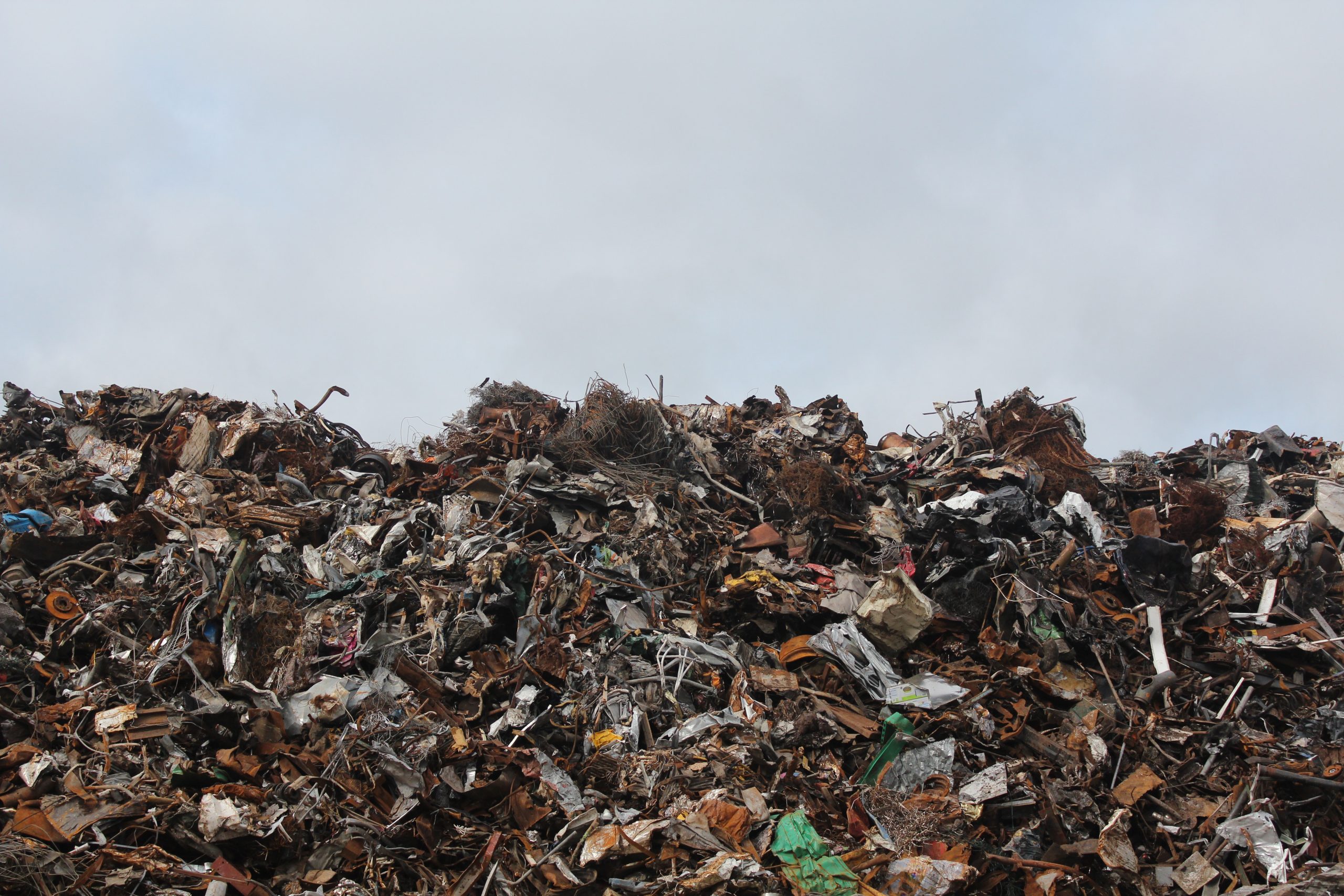What is E-Waste and why we need to take steps to reduce it

Electronic waste or e-waste is a growing problem and one that we take seriously at ICT Reverse.
Electronics cannot be thrown away or recycled like regular products. Many old devices contain harmful chemicals that impact the environment and our health.
The below facts look at reasons why we all need to make an effort in computer and electronics recycling.
1. What Is E-Waste?
E-waste is a general term that refers to any outdated electronic equipment. At their time of creation, most devices are immensely popular. However, because technology evolves so rapidly, there are millions of unused items of equipment including laptop and desktop computers, televisions and mobile phones.
E-waste is viewed as dangerous since electronic items eventually release hazardous chemicals as they begin to deteriorate. In order to stop the chromium, lead, and mercury from leaking from electronic devices and harming the environment, we need to play an aggressive role in recycling electronics. Not only are these chemicals harmful to the environment, but they’re also connected with causing many different diseases.
2. Recycling Electronics Allows Us To Recycle Raw Materials
Electronic waste is estimated to be 40 to 50 times richer in ore when compared to ore mined from the earth. Copper, gold, silver and other precious metal can be recovered from old electronics and repurposed in new devices. These ores need to be carefully extracted in order to minimise their impact on their environment. When we fail to recycle our electronics, these perfectly good minerals go to waste, and there’s a chance your devices can leak and harm the environment.
3. Recycling Electronics Helps Minimise Greenhouse Emissions
Using recycled raw materials consumes considerably less energy than using new materials. There are many products that can be manufactured with the recycled materials found in e-waste. By using recycled materials, less energy is consumed, and lower levels of greenhouse gases are emitted. According to the EPA, recycling a million computers prevents the release of the same amount of greenhouses gasses from 17,000 cars.
4. Electronic Recycling Prevents Toxic Materials From Spreading
The older the electronic, the more harmful materials they contain. Old devices are made with substances such as cadmium, chromium, and lead which are dangerous to both people and the environment. The only way to ensure these elements are dealt with safely is to make an effort to recycle electronics. Old electronics may also contain toxic chemical flame-retardants in addition to other heavy metals. If we aren’t proactive with the proper disposal of old devices, we’ll quickly have a serious problem on our hands.
5. Recycling Prevents Uncontrolled Movement Of E-Waste
One of the major downsides of e-waste is people are shipping the waste to other countries to take advantage of cheap labor. This practice has a significant impact on the environment since many of these countries don’t have the technology necessary to deal with the hazardous waste safely. Often people in these countries are forced to use primitive approaches to deal with the raw materials, which cause health risks for the local citizens. Simply by doing your part and properly recycling your electronics, you’re contributing to ending this practice of exploitation.
6. How ICT Reverse Can Help You Reuse or Recycle Your Old Devices?
All in all, electronics recycling is something we all need to take seriously and our staff at ICT Reverse can help give you information about how you can dispose of your old IT equipment in the most sustainable and ethical way, avoiding landfill. For all queries please contact the team on 01524 580900 or www,ictreverse.com
